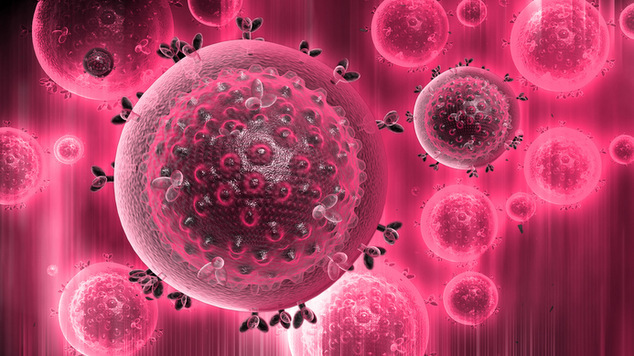Researchers at Louisiana State University published a study in the journal ‘AIDS Research and Human Retroviruses’ that suggests that THC (the main ingredient of marijuana) had beneficial effects in animal models of HIV.
A pill form of marijuana has been used to treat appetite and weight loss in patients suffering from HIV and/or AIDS since the 1990s, however this study suggests that tetrahydrocannibinol (THC) may have additional favourable outcomes.
THC given to monkeys over a 17 month period decreased damage to the immune tissue of the gut, an important site of HIV infection, acting at the gene level. HIV spreads by infecting and killing immune cells, however researchers observed that monkeys treated with THC had higher levels of healthy immune cells, as well as lower levels of viral infection and better survival rates.
Doctor Patricia Molina, head of the school’s Department of Physiology and lead author of the study, said that the results were not what her team expected, marijuana compounds have been known to inhibit the activity of the immune system.
“When we started the study, we thought it was going to increase viral load, we thought it was going to decrease lymphocyte counts much more dramatically, and we did not see that. If anything, it looks like there might be some beneficial immunomodulation, particularly at the early stages of infection.”
However it now appears that THC does not have a detrimental effect on viral load or immune cells. Now, researchers are trying to develop new treatments that are more specific to THC’s mechanisms.
Sophie Joske





